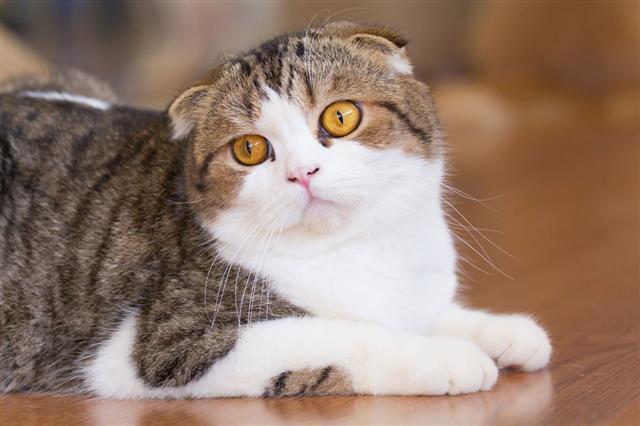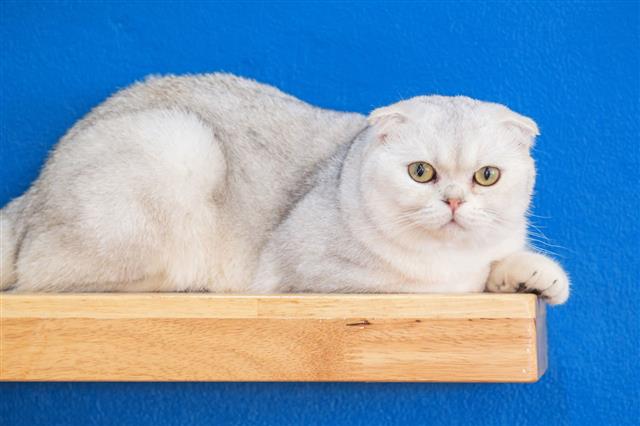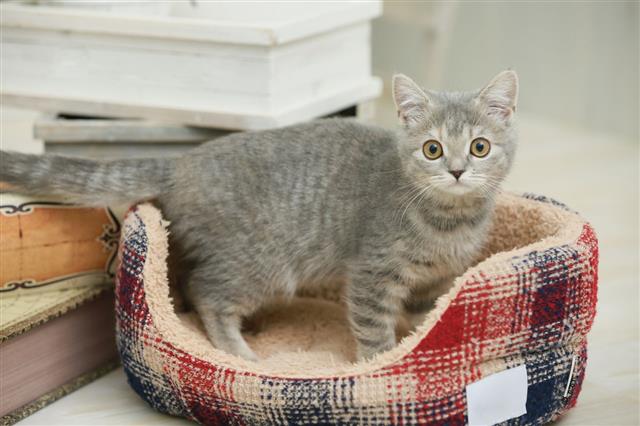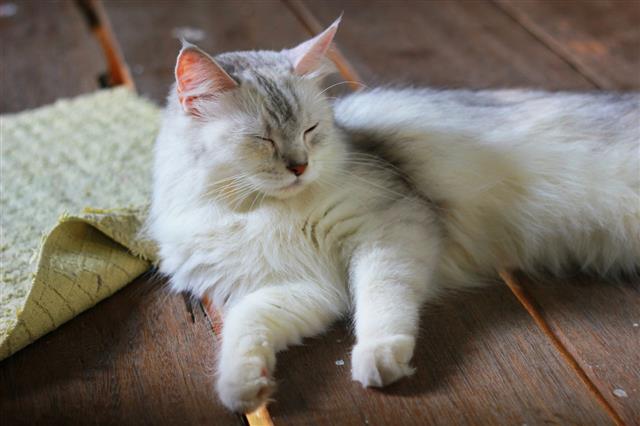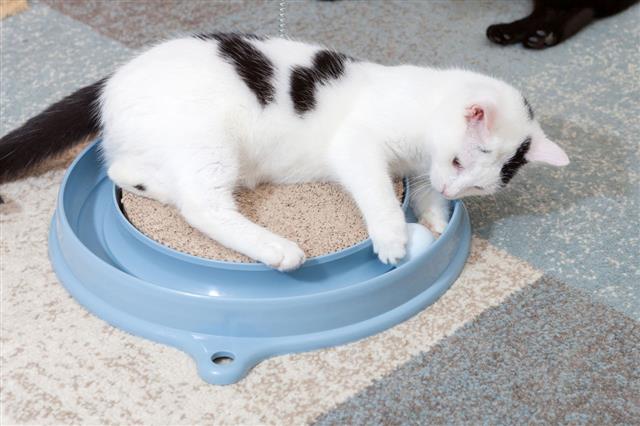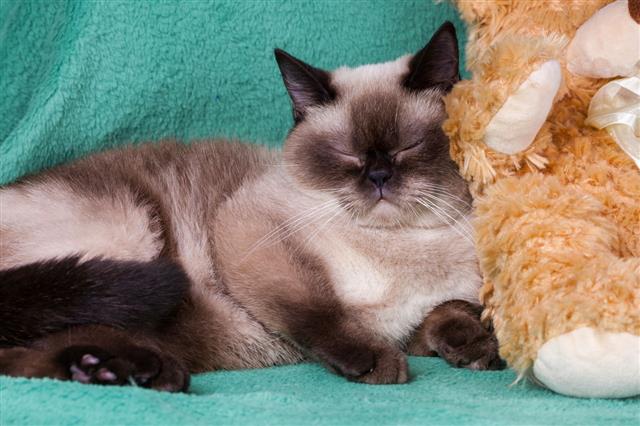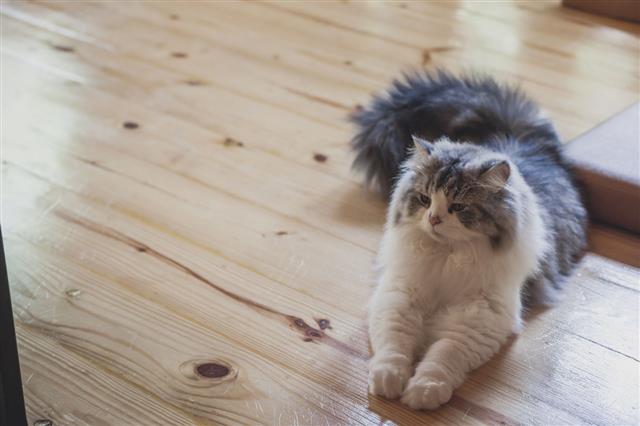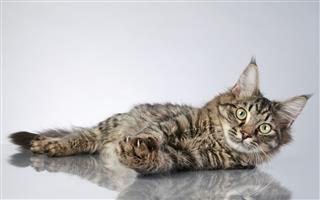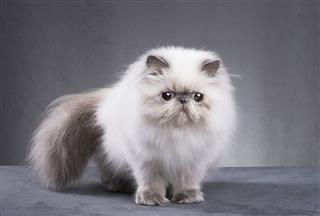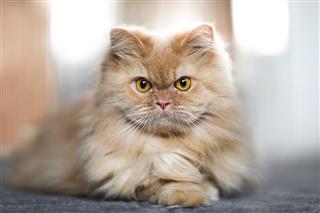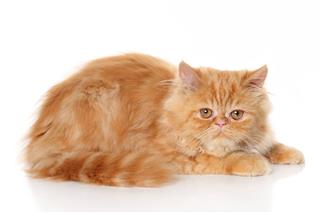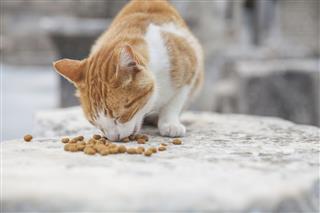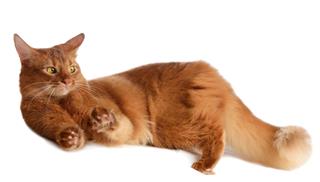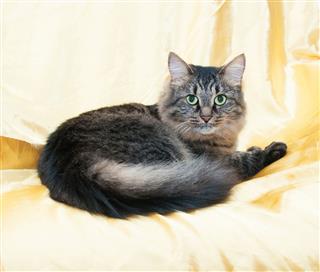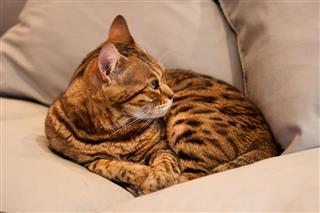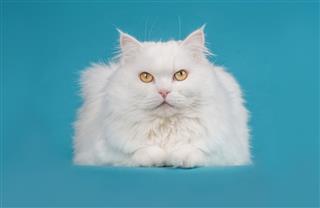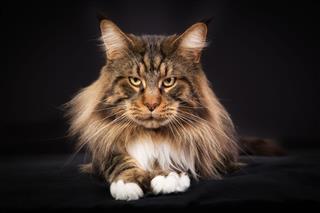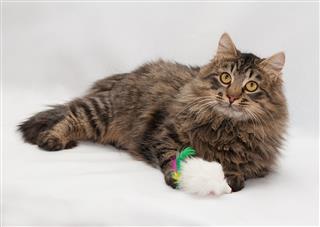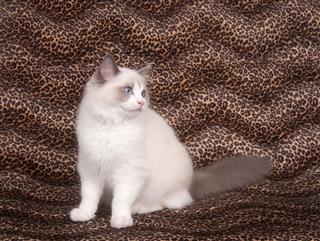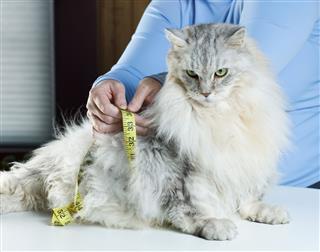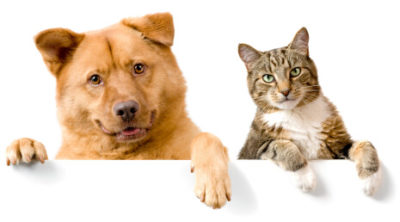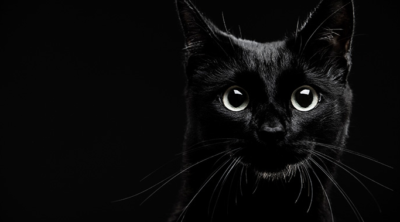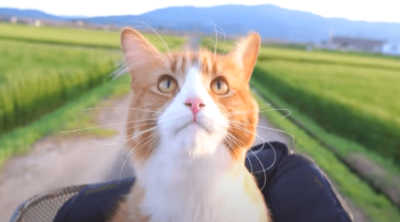
Excessive thirst is observed mostly in the older cats. It is a prominent aging sign among cats. It is common for older ones to drink more water, but, sudden and excessive thirst can be a serious symptom to indicate two or three severe feline problems.
About two-third of the total number of cats are older ones, i.e., above eight years old or older than that. Owners of these senior felines, should be extra careful and aware of all the things that surround their cat’s health. As far as cats are concerned, they need constant medical attention and regular checkups.
Causes of Increased Thirst in Cats
Cats are subject to be affected with several similar diseases that are observed among human beings, especially when the cat grows older. Common human diseases like diabetes, heart diseases, kidney diseases and cancer are some of them. These are ‘senior feline diseases’ meaning, they probably catch the elder cats than the younger ones. Several of these diseases can cause extreme thirst in cats.
Feline Diabetes Mellitus
Just like the types seen in human beings, there are two types of feline diabetes – type 1 and type 2. Type 1 diabetes is caused by lack of insulin and insufficient production of insulin, while type 2 is caused when the body cells are unable to utilize the present amount of insulin. It is true that diabetes can strike cats at any age, but, older cats are more prone to the feline diabetes mellitus.
Symptoms
- Vomiting
- Loss of appetite
- Loss of weight
- Poor fur conditions
- Breathing problems
- Weakness
- Dehydration and excessive thirst
A veterinarian should be consulted, if the above symptoms are noticed so that the right medical treatment can be started.
Fatty Liver Disease
Fatty liver disease, also known as hepatic lipidosis, is a condition that is caused when there is a sudden accumulation of fat cells inside the liver, that the body system of the cats fail to utilize. The exact cause of this is not known, but, the disease can be diagnosed by performing a liver biopsy.
Symptoms
- Sudden loss of appetite or weight loss
- Excessive thirst
- Listlessness
- Vomiting
- Swelling of abdomen
For proper diagnosis, it is necessary to consult a vet.
Feline Chronic Renal Failure
There is a very minute difference between acute renal failure and chronic renal failure. Chronic renal failure is the most common cause for deaths of senior felines. It causes an irreversible and gradual damage of the kidney along with hampering important functions of the kidney.
Symptoms
- Weight loss
- Loss of appetite
- Difficulty in urinating
- Vomiting
- Poor condition of coat
There are several ways by which the chronic renal failure is treated. Some of them are:
- Providing cats with subcutaneous fluids
- Adequate and appropriate cat food
- Appetite stimulants and medication
Other Reasons
- Hyperthyroidism (overactive thyroid glands)
- Polyuria (frequent urination)
- Polydipsia (excessive drinking)
- Feline hypertension (high blood pressure)
Any significant change in the cat behavior must not be overlooked as it can be the start of a cat’s illness. This is very important as far as the pet’s health is concerned. Proper treatment actually depends on the ‘root cause’ analysis to find out the reason why cats crave for water. Every particular symptom must be treated individually. This will make sure that the cat recovers, as soon as possible and has a healthy life ahead. For proper diagnosis and timely treatment, make sure you consult a veterinarian.
